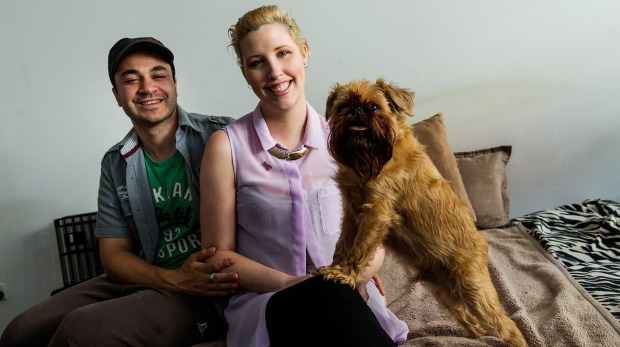
Breast cancer causes one death a week in women aged 20 to 39 years, a new report looking at the impact of the disease on young women says.
“These young women are at a life stage in which they are building careers, establishing relationships and planning for a family. Issues such as infertility, early menopause and body image as well as time away from work and family can have a substantial impact, with long term physical, psychological and social effects,” the chief executive officer of Cancer Australia, Professor Helen Zorbas, said.
“Although the number of young women diagnosed with breast cancer has increased over time, the incidence rate has remained stable over the past three decades.”
The report, by the Australian Institute of Health and Welfare, is the first report to look at the situation facing young women with breast cancer.
It found that 795 women aged between 20 and 39 years would be diagnosed with breast cancer this year and 65 women would die from the disease.
“This is an average of two diagnoses a day and one death a week,” a spokesman for the institute, Justin Harvey, said.
The report found women had a better chance of beating the disease now than 20 years ago.
In 2007-2011 young women had an 88 per cent change of surviving for five years after their initial diagnosis compared to the 90 per cent survival rate for women aged 40 and over,
In 1982-1986 women aged between 20 and 39 years had a five year survival rate of 72 per cent.
“When looking at breast cancer in young women, we see a higher proportion of very large breast cancers diagnosed than in older women. Very large breast cancers are associated with lower survival than small breast cancers,” Mr Harvey said.
But in the case of small breast cancers, young women have a lower survival rate – 93 per cent – than women aged 40 and over – 99 per cent.
Breast cancer survivor Joanne Maillet?, 31, of South Yarra, said the figures of incidence of the disease in the young was “very scary” and urged young women to get their breasts checked and trust their instincts.
In 2011, two GPs she saw about a lump in her left breast dismissed it as improbable a 26-year-old would get the disease. “They said, ‘you’re too young, don’t worry about it’. If I’d listened to them, I wouldn’t be here talking to you.”
The third doctor, a surgeon, diagnosed stage three cancer and she started treatment. “Stage four is terminal so I caught it just in time.”
“If you think there’s something wrong, just push and push and push [for a second opinion] because you know your body better than anyone else. It’s not just an old person’s disease. It happens to women of all ages.”
“If my story can save one life then I’ve done my bit. It’s all about early detection with this type of cancer with young people. If you don’t, it’s just going to be too late.”
